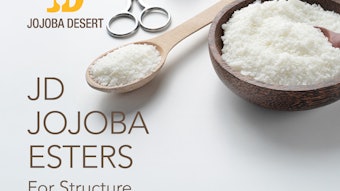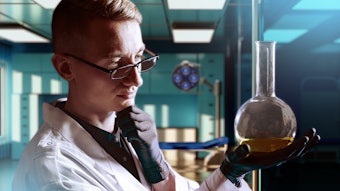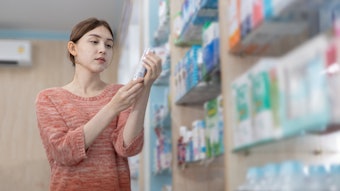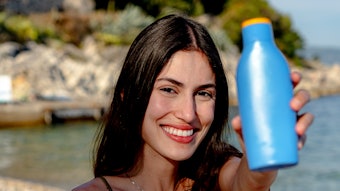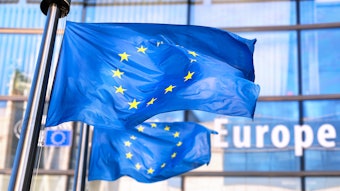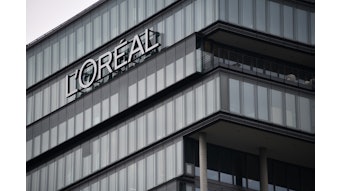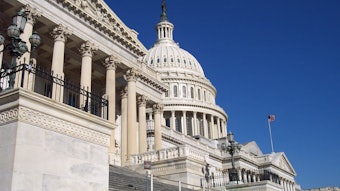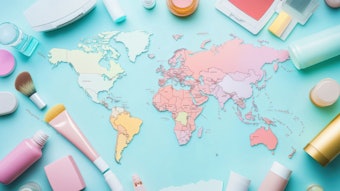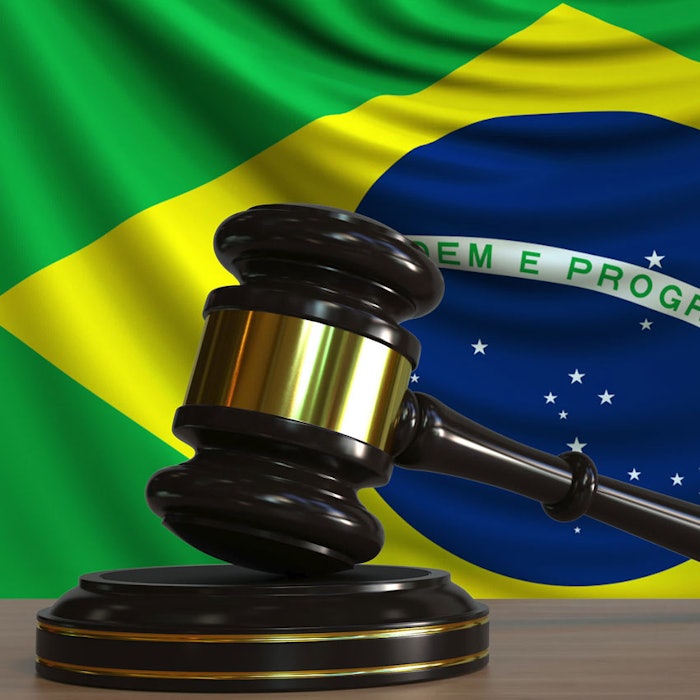
On July 6, 2018, Anvisa, Brazil's health surveillance agency, announced the suspension of two cosmetic companies after sanitary surveillance revealed product manufacturing infractions. The agency also approved a proposed amendment to simplify the registration process for youth personal care, ultimately shortening its time to market.
Cosmetic Infractions
All products from Viavip Cosméticos Ltda. were suspended after production processes were found to be noncompliant with Good Cosmetic Manufacturing Practices. In addition, select products manufactured by Palmindaya Cosméticos Ltda. were found to fall outside of approved specifications; particularly in relation to changes in pH. These included:
- Lotion After Palmindaya Menthol Beard (all batches manufactured in 2017);
- Lotion After Beard with Aloe Vera (all batches manufactured in 2017);
- Lotion After Barba Sport (all batches manufactured in 2017);
- Palmindaya Menthol Shaving Cream, lot 593, manufactured on 07/20/2017;
- Cream with Palmindaya Cucumber Extract Moisturizer, lot 0083, manufactured on 04/27/2017; and
- Deodorant Moisturizing Cream Hands and Feet Essence Flower of Orange Palmindaya, lot 011, manufactured on 06/16/2017.
Speed Through Simplicity
Brazilian cosmetic regulations for youth personal care were recently changed to simply the registration process and speed products to market. Hamilton dos Santos, publisher of Cosmetics & Toiletries Brasil, explained.
"Currently, all products for children must be registered by Anvisa (the National Agency of Sanitary Vigilance) pre-market. With these new changes, not yet in force, the manufacturer must inform Anvisa [of products] by applying on the agency's website [but after this], the product can be released.
"The exceptions are: sun protection products and insect repellents for children, which follow current regulations. To launch these types of products, the manufacturer must submit a technical dossier to Anvisa and wait for approval.
"Considering the low risk of products for children, Anvisa and the manufacturers are confident that the process of launching children's products will be faster."
Dos Santos added that the technical requirements for children's products have not changed. Further, most adult cosmetic products already follow the procedures now being established for children's products; though with a few added exceptions.
"In [the adult] category, the exceptions are: sun protection products, insect repellents, hair straighteners and antiseptic gels for the hands, which must await the approval by Anvisa before the products are launched," said dos Santos.
In general, dos Santos notes Brazilian cosmetic regulations follow the more restrictive U.S. and EU models.


